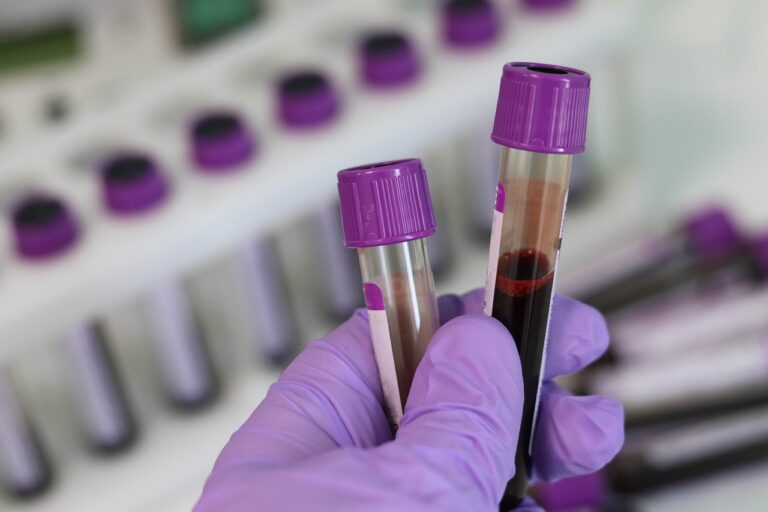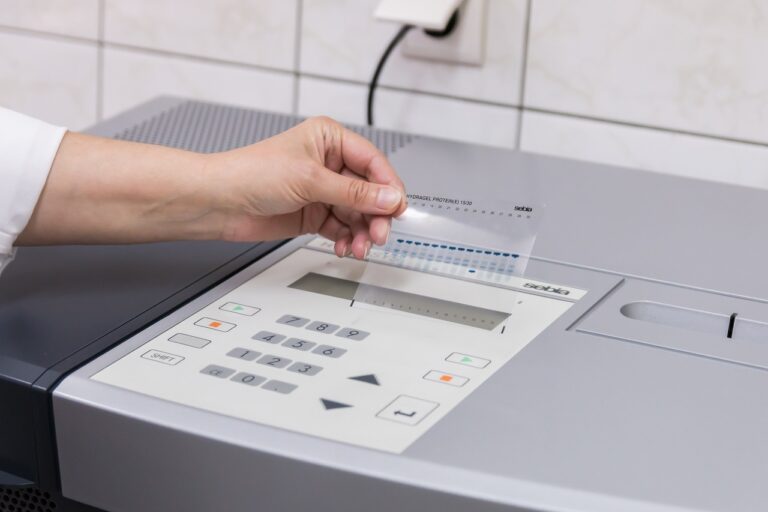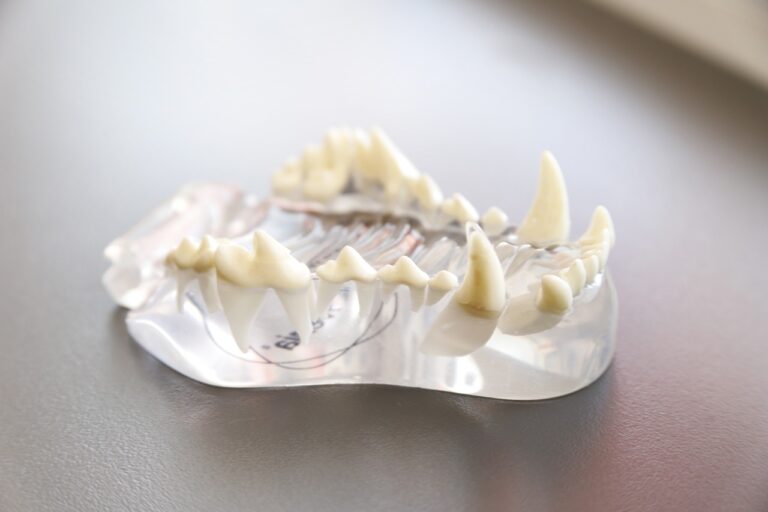The Role of Physical Therapists in Rehabilitation
Physical therapy plays a crucial role in the recovery process for individuals dealing with various injuries or health conditions. Through personalized treatment plans, physical therapists help patients regain strength, mobility, and function. By addressing specific needs and goals, physical therapy can facilitate a faster and more effective recovery, improving overall quality of life.
Furthermore, physical therapy not only focuses on treating current issues but also aims to prevent future injuries. Through targeted exercises and techniques, patients can learn how to properly move and function to avoid re-injury or complications. The guidance and support provided by physical therapists empower individuals to take control of their health and well-being, promoting long-term recovery and optimal physical function.
Common Conditions Treated by Physical Therapists
Physical therapists play a crucial role in treating a variety of conditions that affect the musculoskeletal system. One common condition they address is arthritis, which can cause pain, stiffness, and decreased range of motion in joints. Through targeted exercises and manual therapy techniques, physical therapists help patients manage their symptoms and improve joint function.
Another prevalent condition treated by physical therapists is post-surgical rehabilitation. After surgeries such as joint replacements or ligament repairs, patients may experience muscle weakness, scar tissue formation, and movement restrictions. Physical therapists design personalized rehabilitation programs to restore strength, mobility, and function, guiding patients through each step of their recovery journey.
The Role of Physical Therapists in Restoring Function
Physical therapists play a crucial role in restoring function to individuals who have been impacted by injury, surgery, or illness. Through a combination of hands-on techniques, targeted exercises, and personalized treatment plans, they help patients regain mobility, strength, and flexibility. By focusing on improving physical function and reducing pain, physical therapists empower patients to return to their daily activities and achieve a higher quality of life.
In addition to providing direct treatment, physical therapists also educate patients on how to manage their condition outside of therapy sessions. This may include teaching proper body mechanics, recommending exercises to continue at home, and providing guidance on lifestyle modifications. By equipping patients with the knowledge and tools to take control of their recovery, physical therapists play a proactive role in promoting long-term health and well-being.





